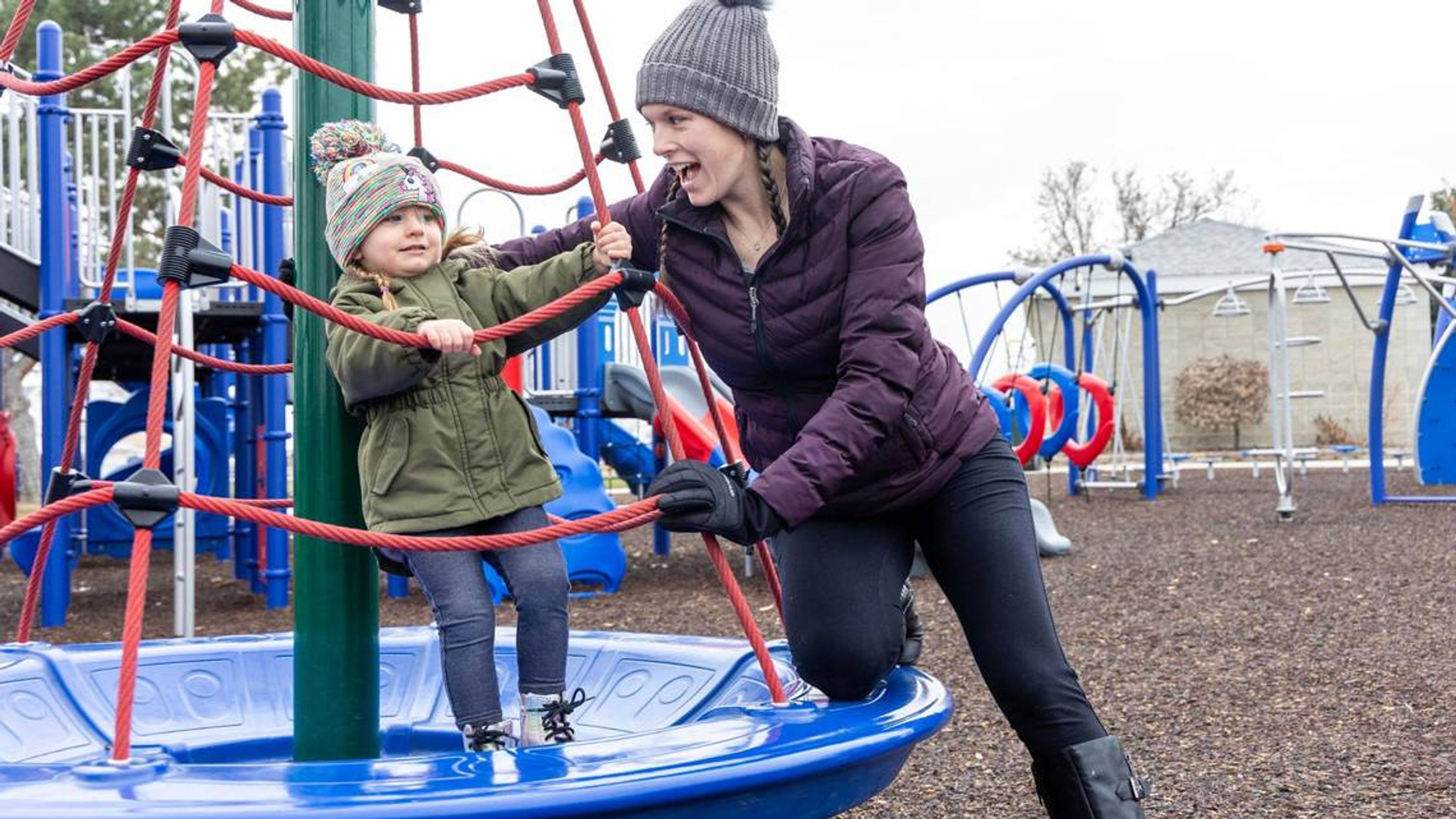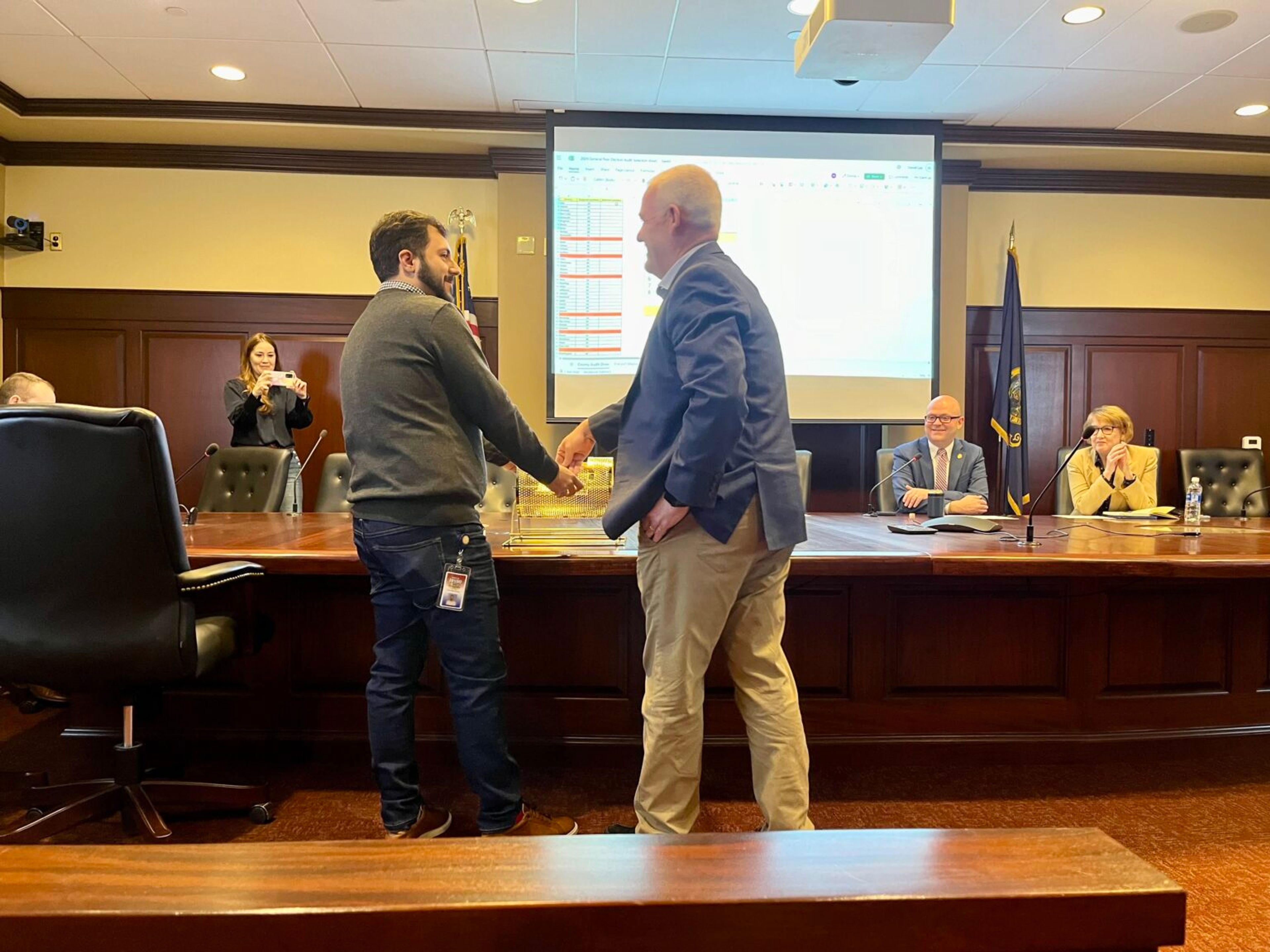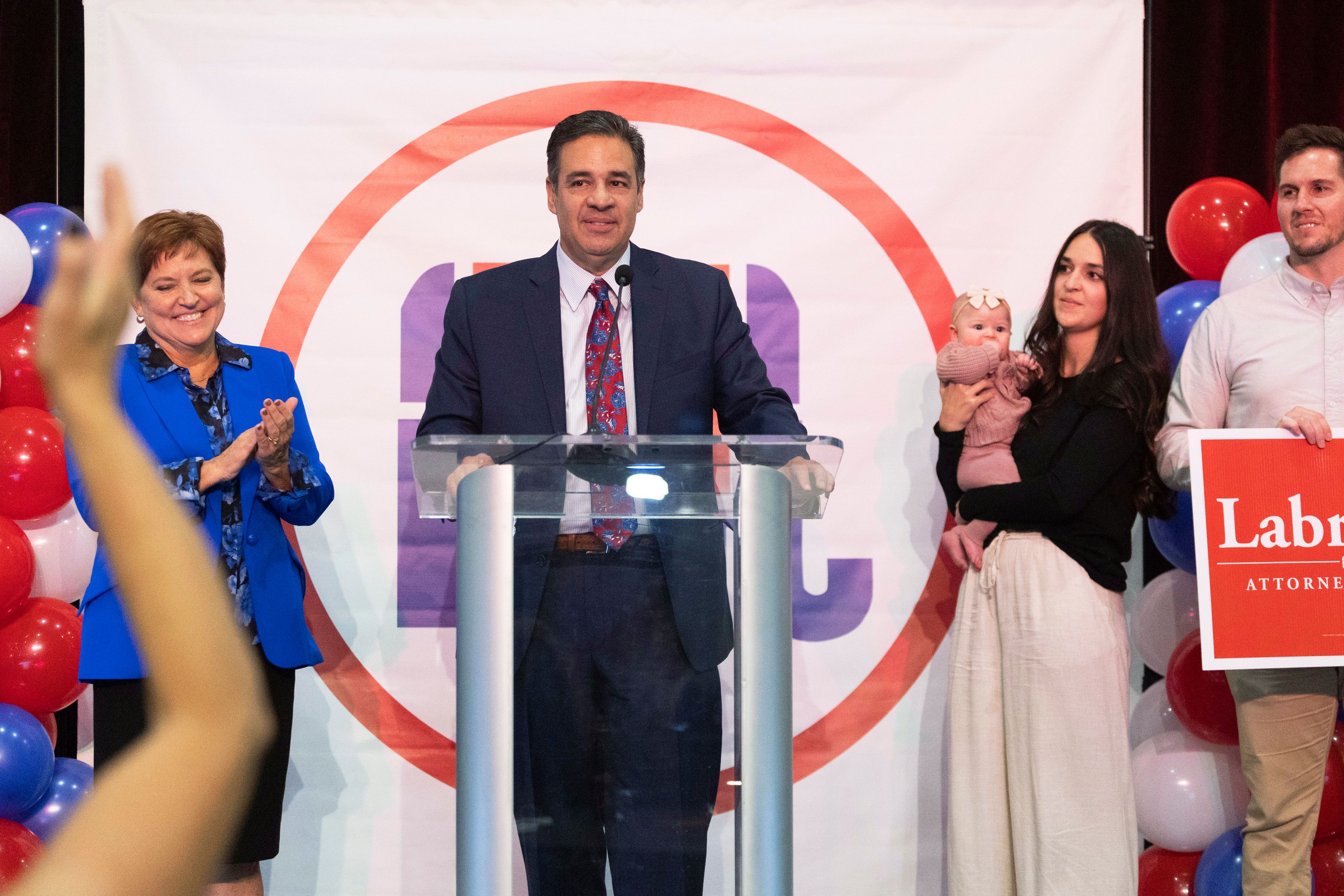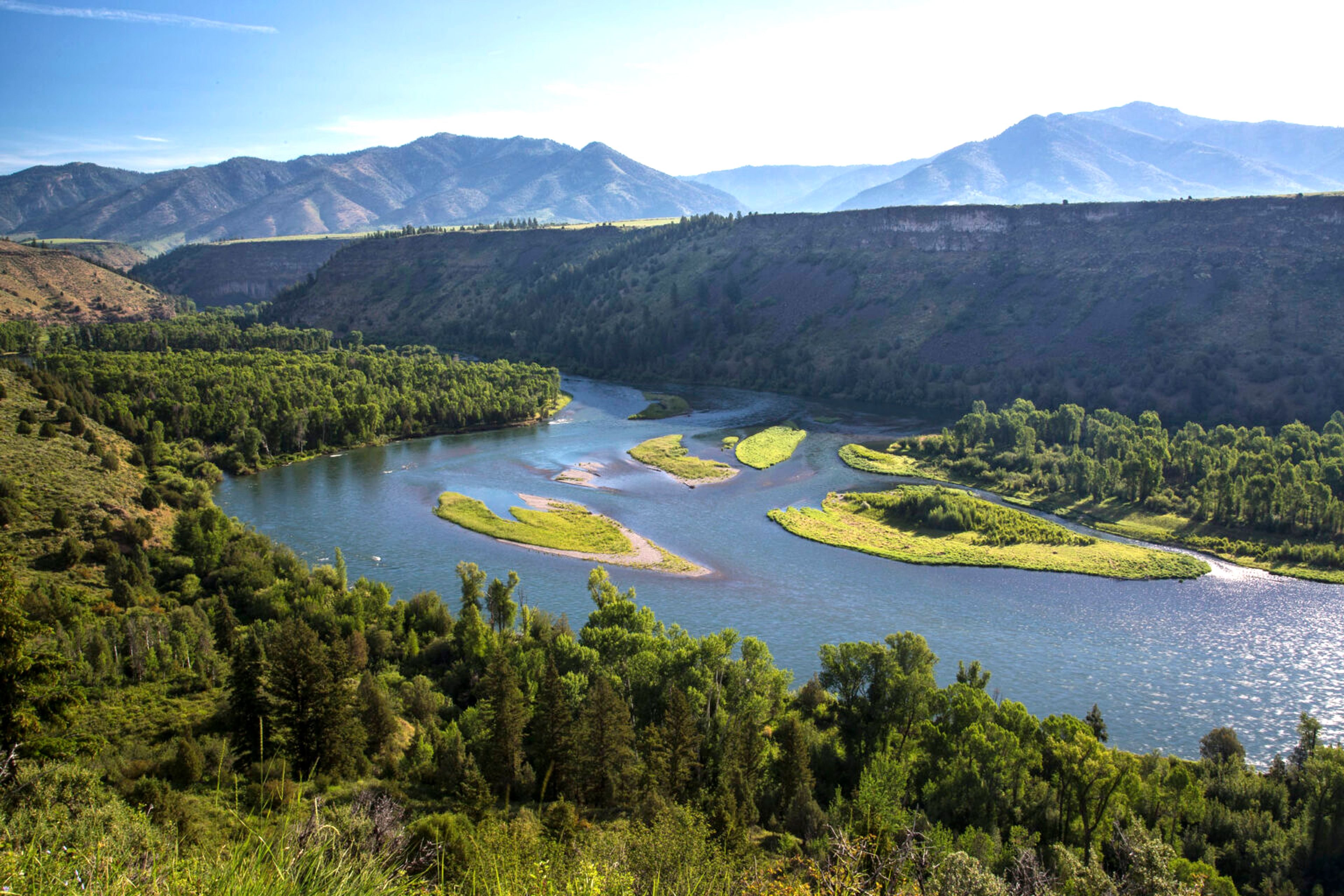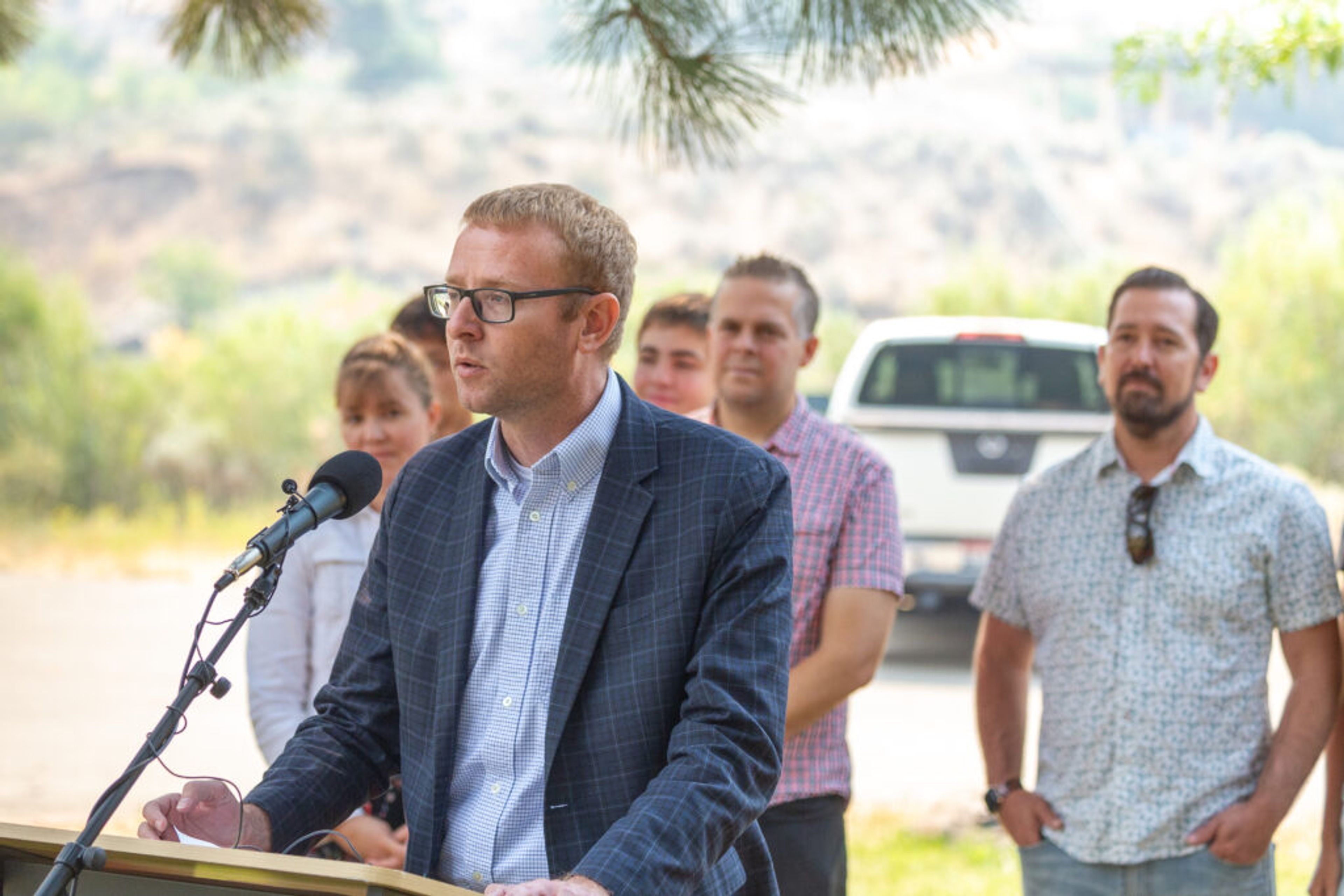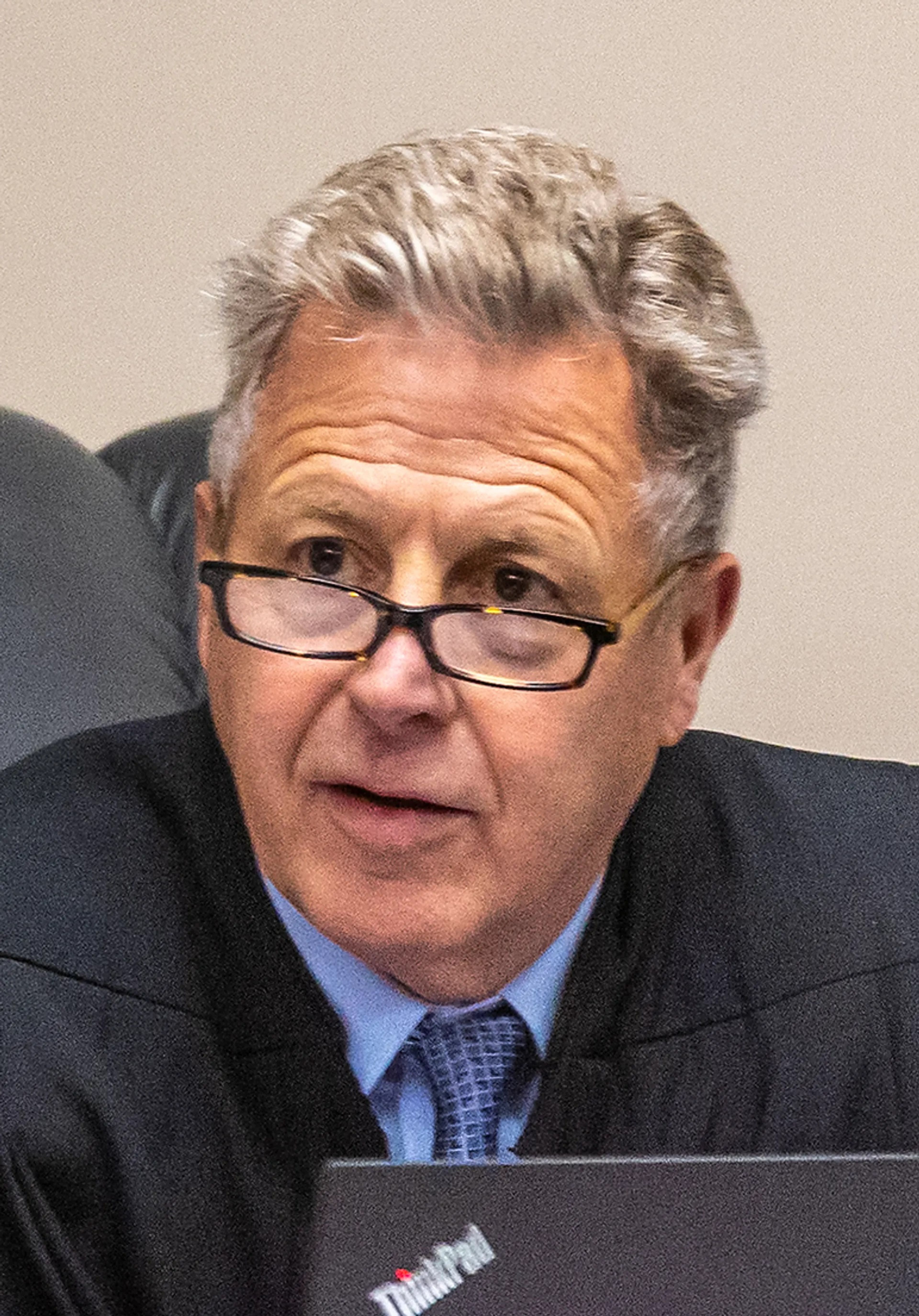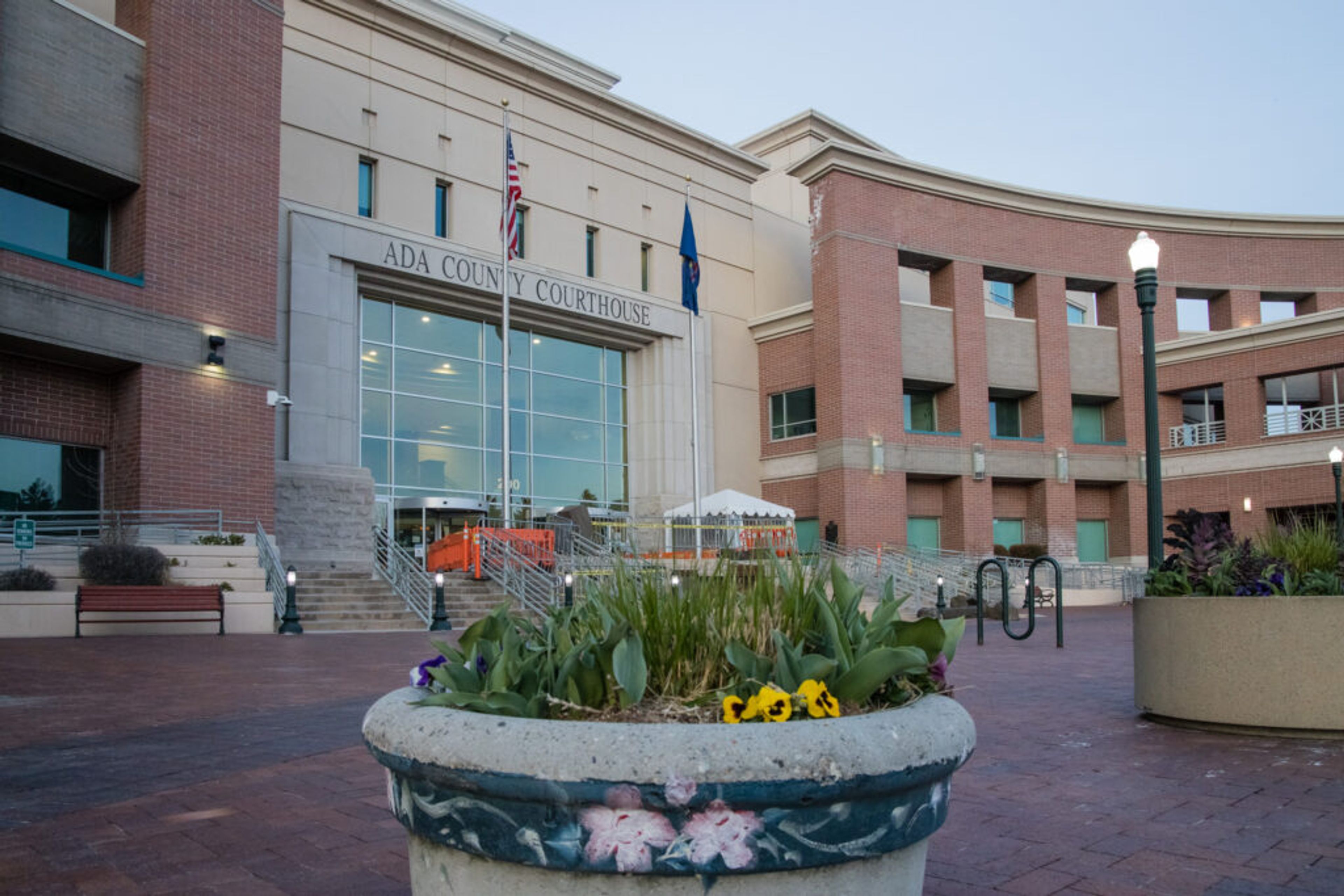Lawmakers celebrate Yakima Basin water funding
UNION GAP, Wash. — U.S. Sen. Maria Cantwell and U.S. Rep. Dan Newhouse visited the state Department of Ecology’s regional office Tuesday to celebrate the recent approval of federal legislation authorizing funding major water conservation projects in the Yakima Basin.
The pair sponsored a massive public lands bill recently signed into law by President Donald Trump that authorizes $75 million for water storage and habitat restoration projects in the basin.
Much of that money will go toward replacing dilapidated pumps in the 142,000-acre Wapato Irrigation District and support the construction of a pumping station in the Lake Kachess reservoir. Both projects will drastically improve water conservation and storage.
The projects are part of the Yakima Basin Integrated Plan, developed by state, county and tribal authorities, as well as irrigators. Their goal is to provide enough water for fish, farmers and communities well into the future.
Water is overallocated in the basin, and climate change is further complicating the problem.
Officials with the state Department of Ecology, the Yakama Nation, the City of Yakima and Yakima County — about 50 in all — gathered Tuesday to hear from Cantwell and Newhouse about the legislation.
“We’re here to thank you and applaud you for your work,” Cantwell told the group.
Having competing groups come together — such as irrigators and the Yakama Nation — to devise a plan is more than admirable, Cantwell said. In fact, she said, a “national model” is being established here.
“As we see wetter and warmer winters, we need some other places than our mountaintops to store water,” she said. “This is a big shot in the arm for the Yakima Basin and the agriculture industry.”
Yakama Nation Tribal Council Vice Chairman Virgil Lewis Sr. said tribal communities across the country are talking about the integrated plan.
“I’m going back to the National Congress of Native Americans (often) and this plan has been brought up again and again,” he said.
Newhouse told of his experience of being in the Oval Office while Trump signed the legislation into law.
“The credit belongs to the people in this room,” he said, referring to all those who worked on the integrated plan. “Thanks very much for the hard work and for staying at the table.”
Operated by the federal government, the Wapato Irrigation Project is in disarray. Leaky ditches, crumbling diversion boxes and failing pumps hamper water delivery. The Yakama Nation has already embarked on the water conservation project to improve the district, and the $75 million authorization would be used to replace pumps and install pipe in open ditches.
The bill also allows a pumping station to be constructed on federal land that will permit the Roza Irrigation District to tap more water in the Lake Kachess reservoir during drought years.
The bill also supports a feasibility study of the Bumping and Wymer reservoirs for possible water storage increases. Additionally, it calls for the federal government to work with state and local officials to install groundwater recharge wells or create diversions to send water to groundwater recharging areas.
